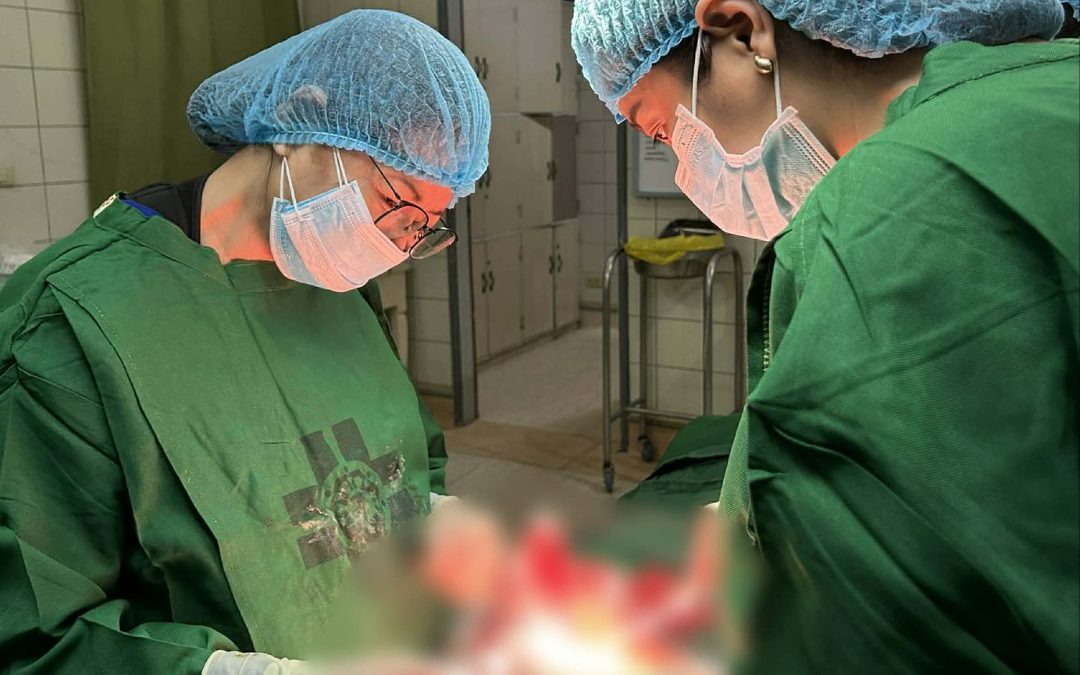Endoscopy and esophagoscopy are both medical procedures used to examine the internal parts of the body, but they have some key differences:
- Purpose:
- Endoscopy: This procedure allows a doctor to view various organs inside the body, including the esophagus, stomach, colon, nose, throat, urinary tract, and abdominal organs. It is a comprehensive examination.
- Esophagoscopy: Specifically focuses on examining only the esophagus. It is a simpler and more targeted procedure.
- Sedation:
- Endoscopy: Typically requires sedation (administering medication to relax the patient), which increases the risk of complications.
- Esophagoscopy: Usually performed without sedation. Instead, the doctor may use a numbing spray to improve patient comfort.
- Incision:
- Endoscopy: May sometimes require an incision to insert the endoscope.
- Esophagoscopy: Does not require incisions.
- Instrument:
- Both procedures use similar types of instruments called endoscopes or esophagoscopes.
- The choice of endoscope length and flexibility depends on the specific body part being examined.
- Insertion:
- Endoscopy: The doctor inserts the endoscope through the patient’s mouth, anus, or other openings.
- Esophagoscopy: The doctor inserts the esophagoscope into the upper part of the patient’s digestive system through their mouth.
In summary, esophagoscopy is a subset of endoscopy, specifically focusing on the esophagus. While endoscopy provides a broader view of multiple organs, esophagoscopy is a more targeted examination for esophageal issues.If you have any specific concerns or symptoms related to your esophagus, consult with a healthcare professional for personalized advice. 😊



